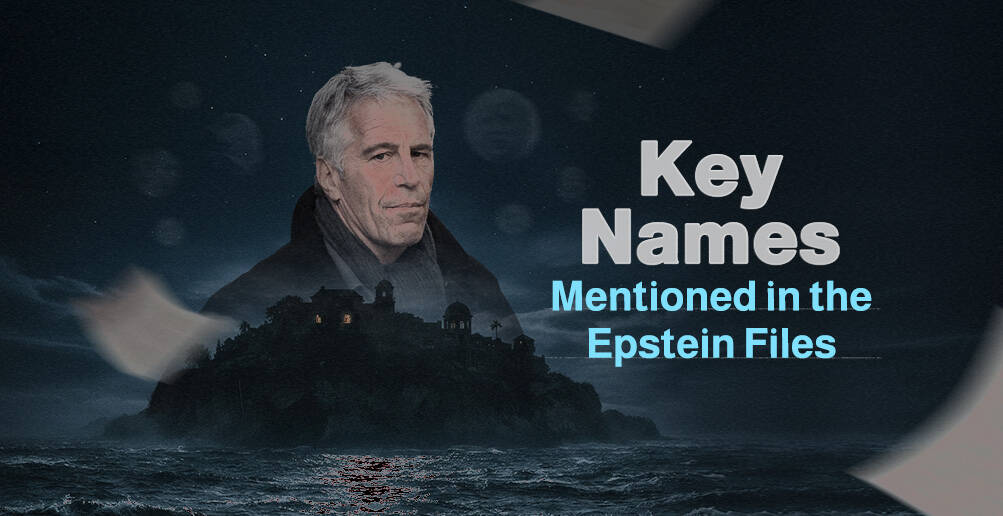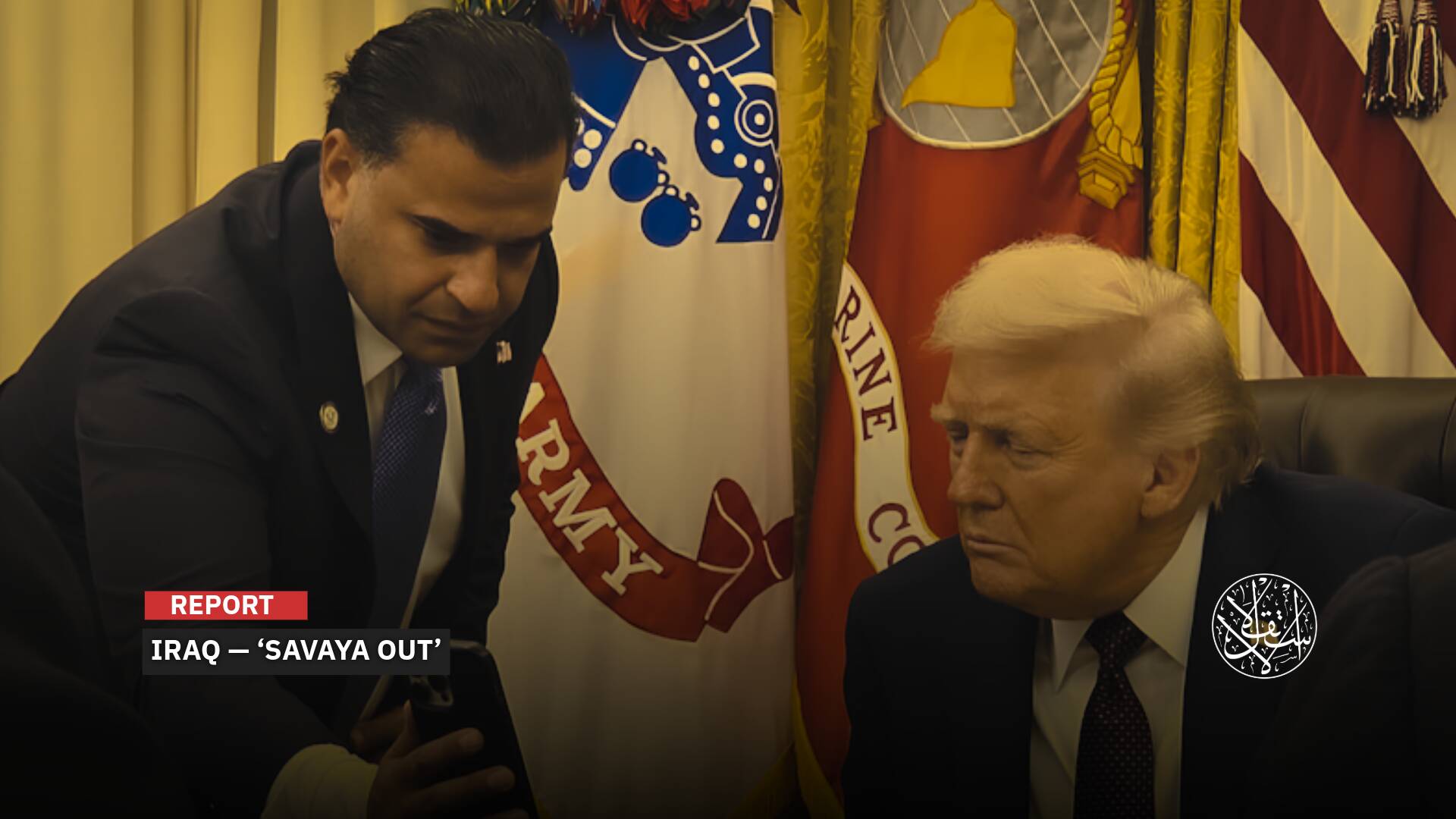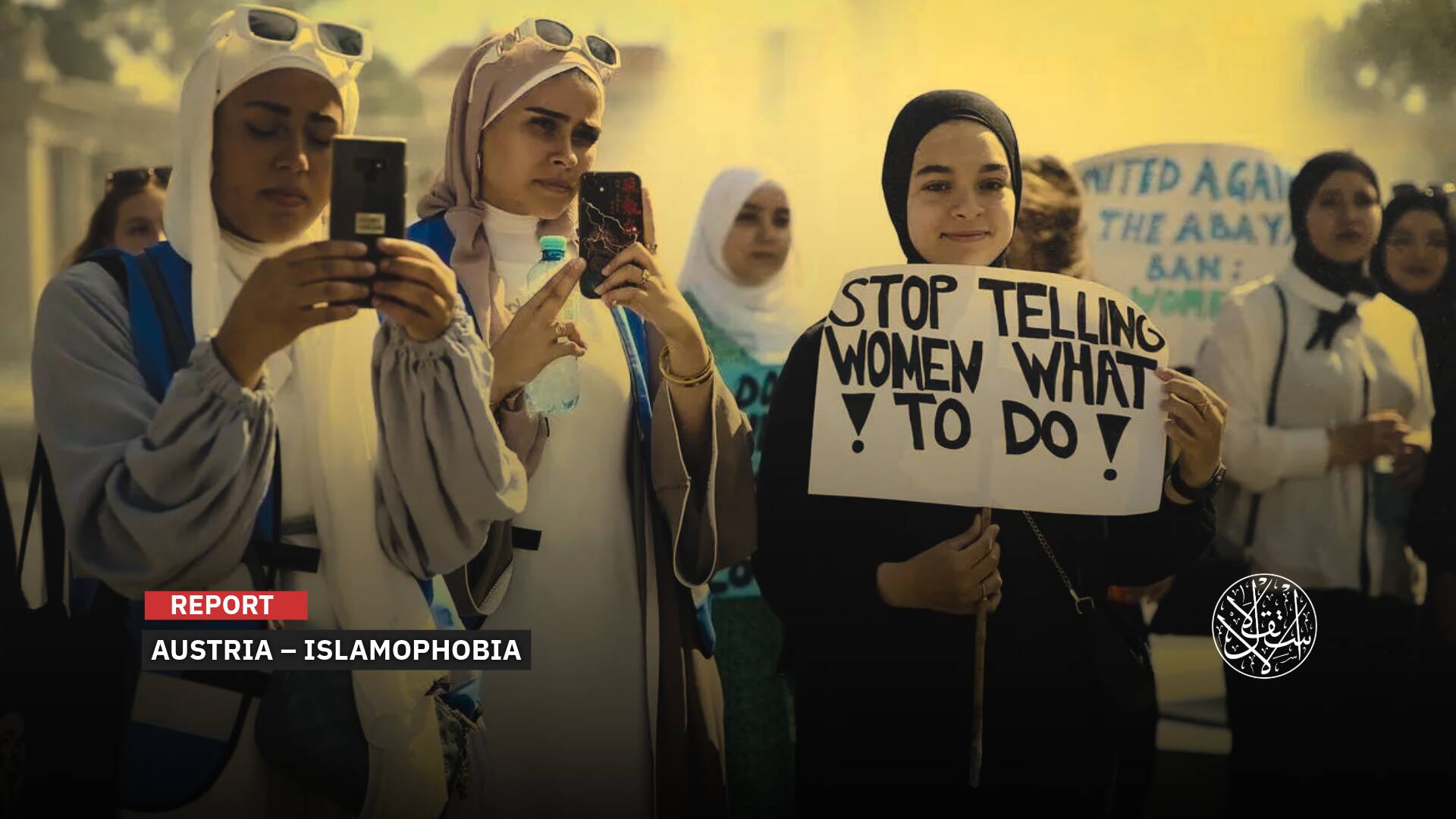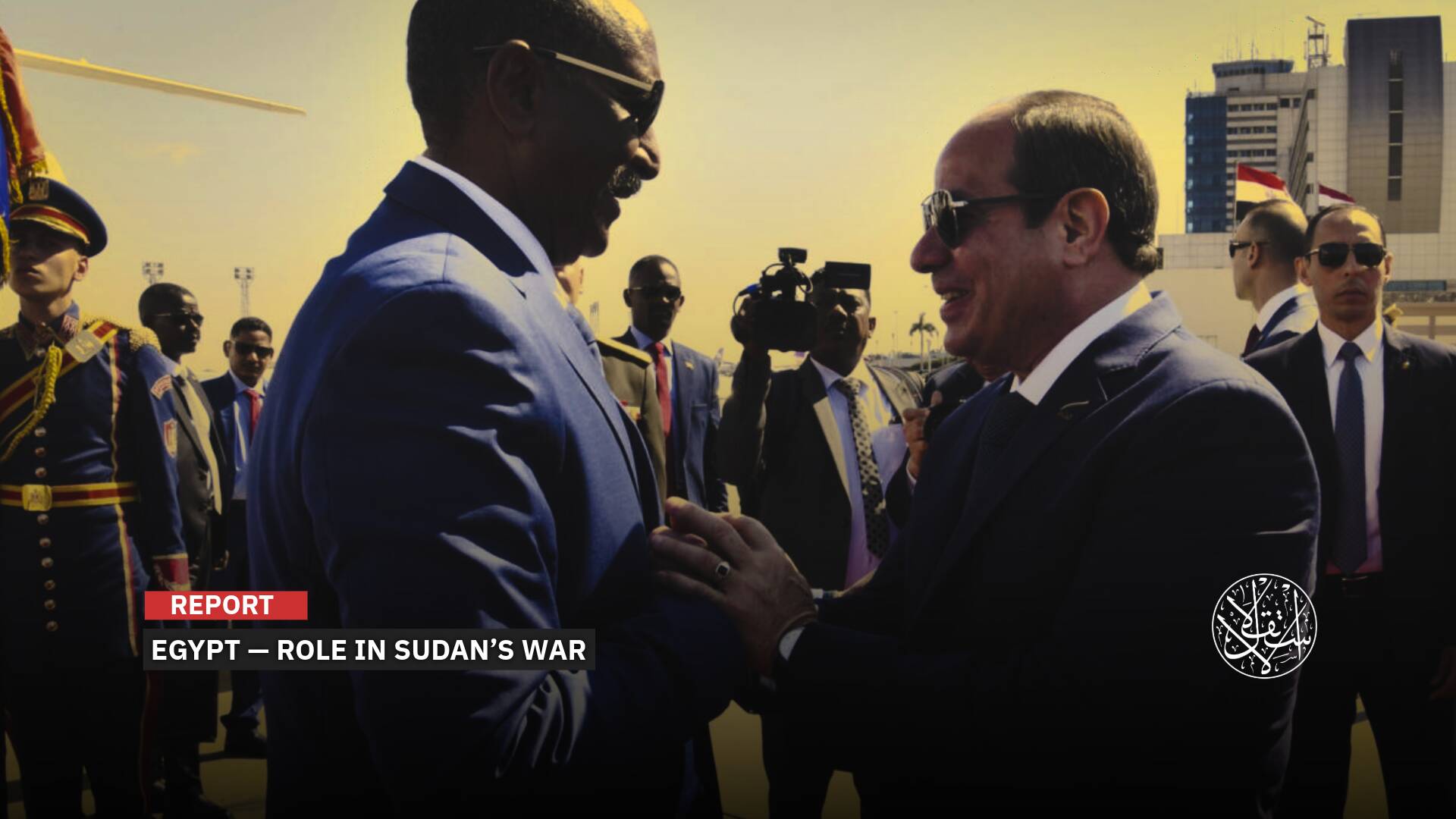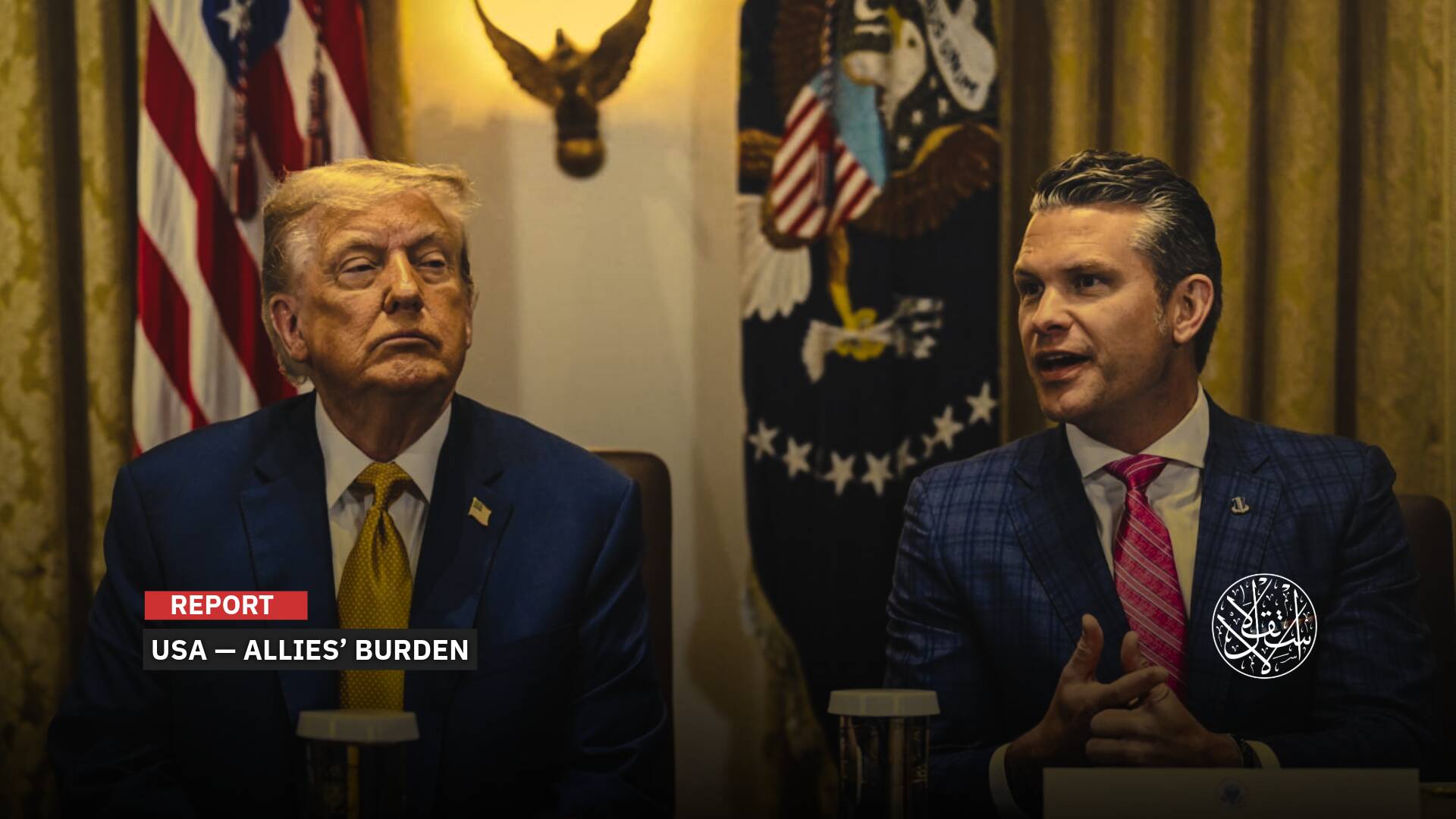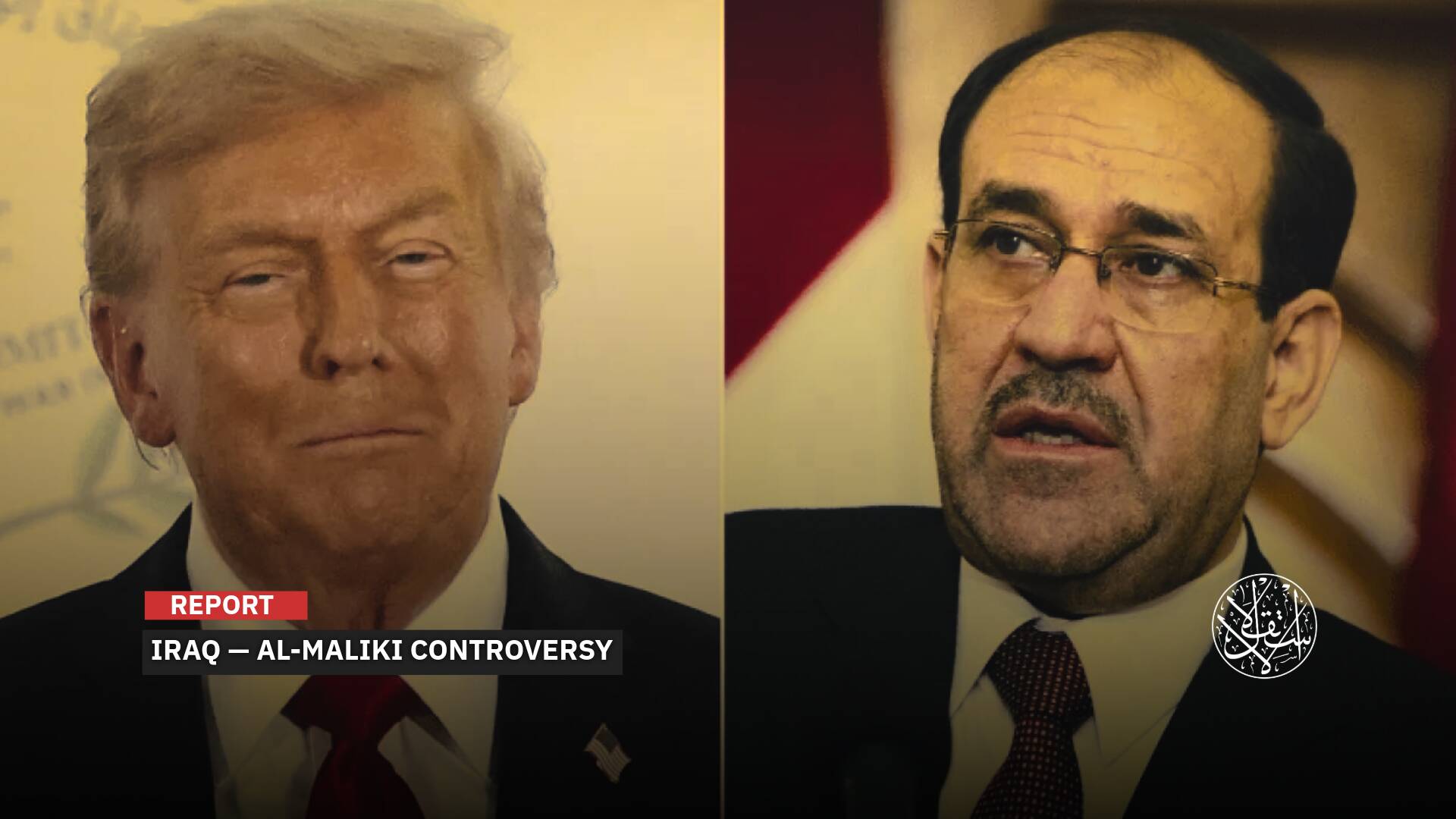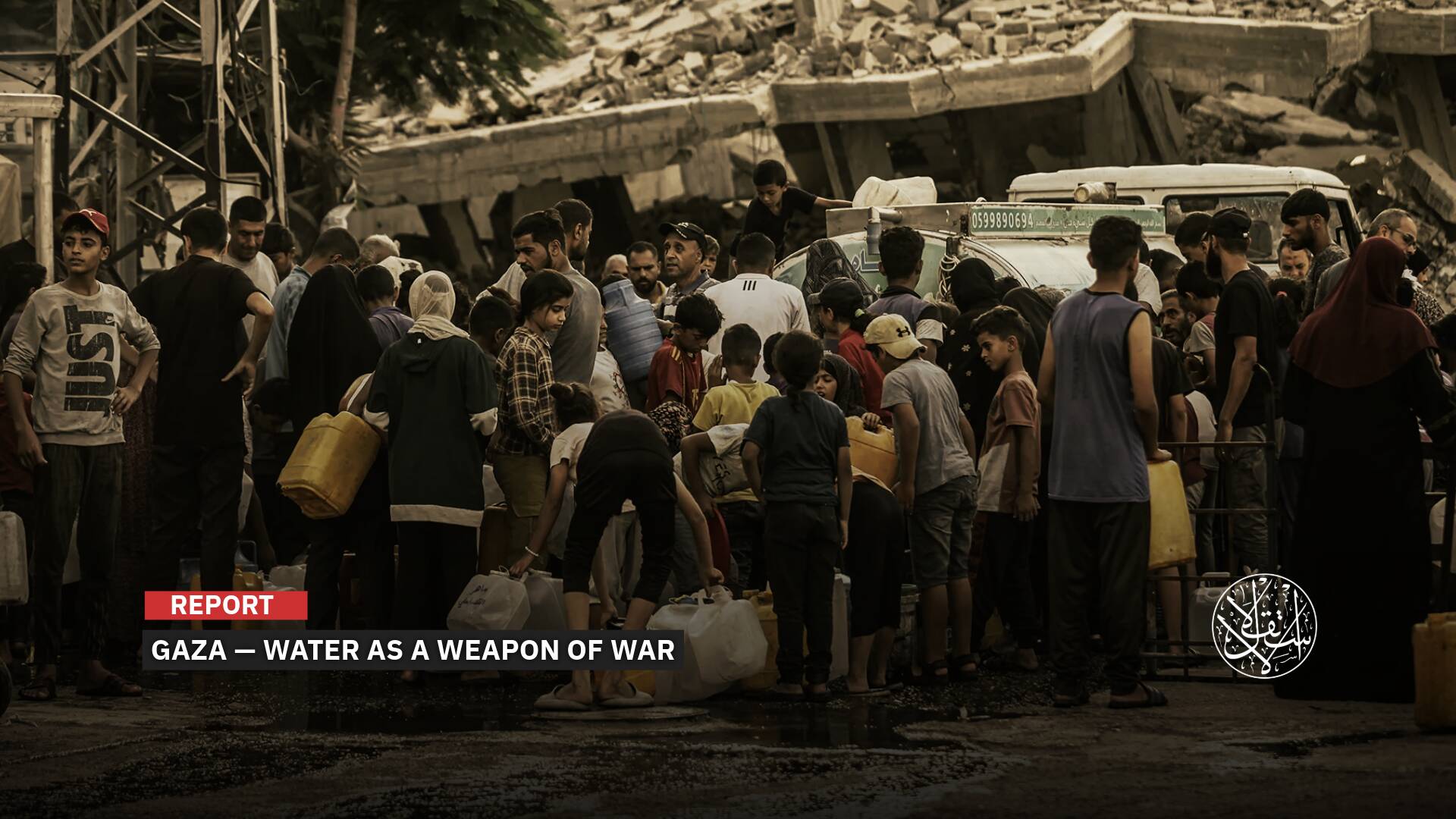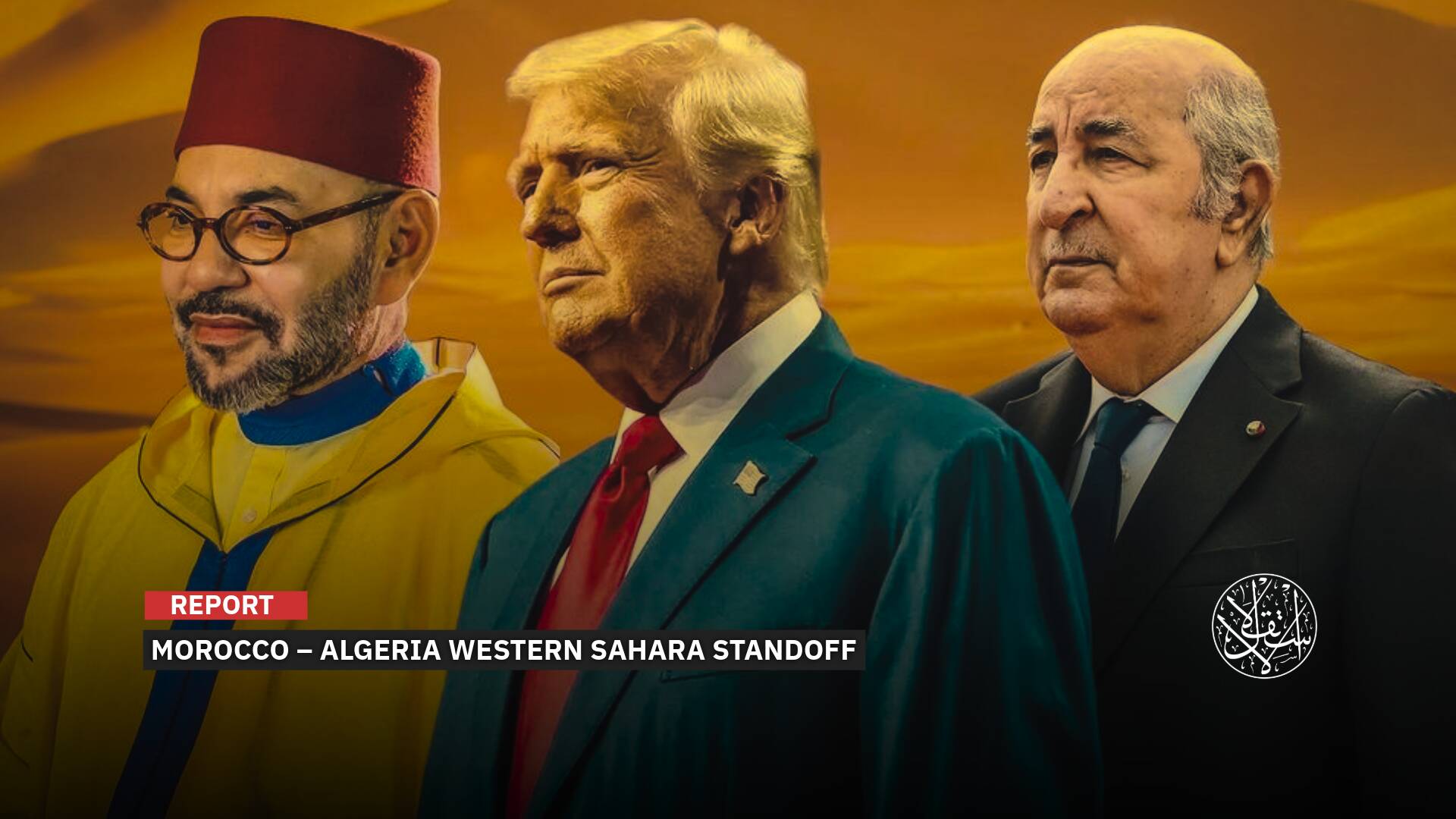Facing Internal Strife, Syria Turns to Turkiye for Military Support: How Did Ankara Respond?
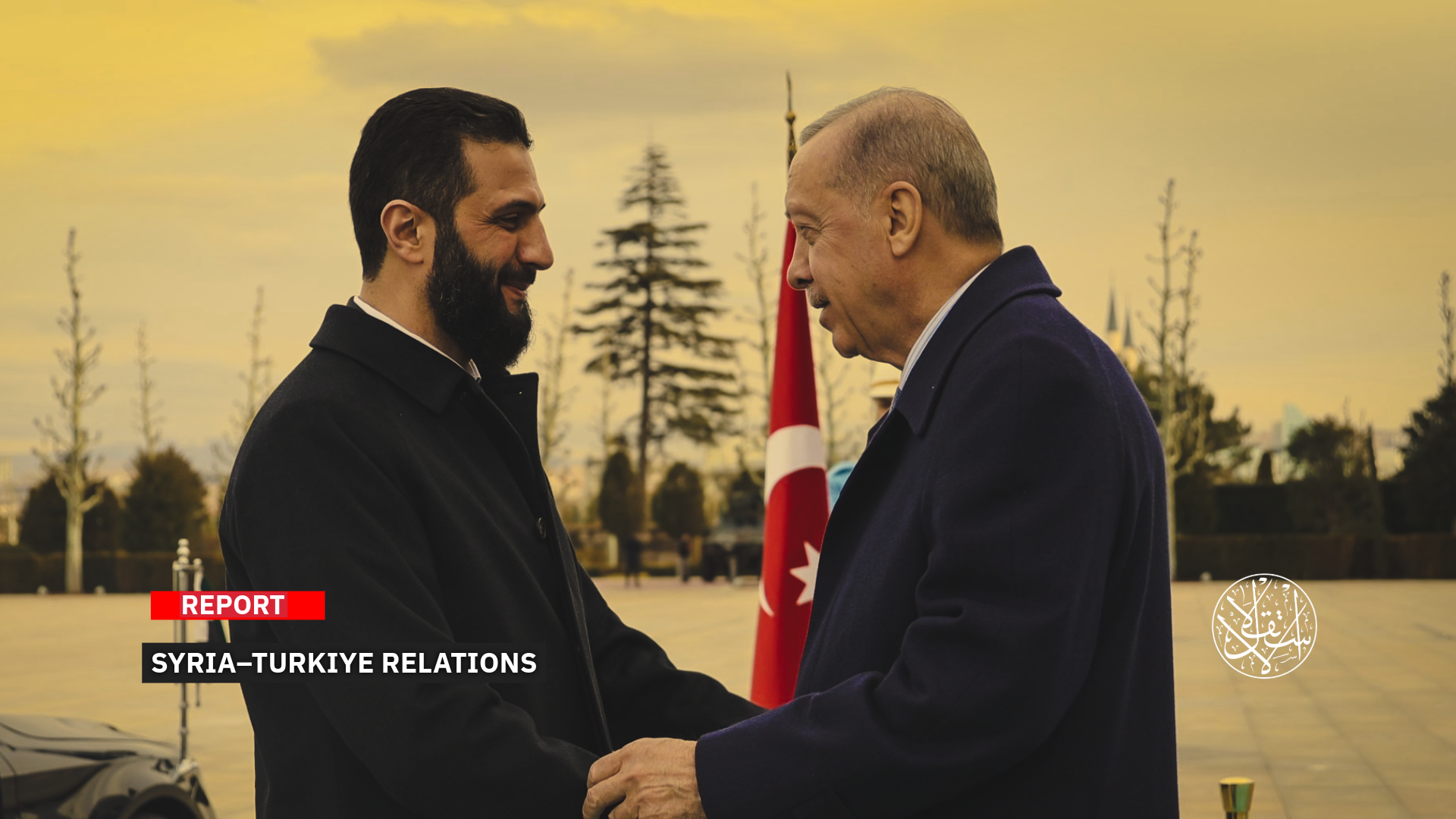
The request came amid threats to Syria’s territorial unity.
The new Syrian government has officially taken its first practical steps to boost defense capabilities through neighboring Turkiye, the largest regional ally supporting the country’s stability and preventing its division amid rising internal challenges.
Turkiye’s Ministry of National Defense stated that the new Syrian administration officially requested Ankara’s support to strengthen its defenses and fight terrorist groups, chiefly ISIS.

Turkiye’s Support for Syria
After a July 23, 2025, press briefing by Admiral Zeki Akturk, spokesperson for Turkiye’s Ministry of National Defense, ministry sources confirmed ongoing support for Syria’s defense training, consulting, and technical needs at Damascus’s request.
The sources told Anadolu Agency that Turkiye’s primary goal is to support Syria’s political unity and territorial integrity and to lead efforts toward lasting peace in the region.
Syria’s request to its northern neighbor followed Hikmat al-Hijri, head of the Druze spiritual council in Sweida province near the Jordanian border, trying to create a new reality by isolating the Druze-majority region from Damascus’s central authority.
This was evident when al-Hijri, in a statement on July 16, 2025, appealed to Israeli Prime Minister Benjamin Netanyahu to “save Sweida,” openly relying on Syria’s enemy and its occupier.
Al-Hijri also rejected the new Syrian government’s control over security and government institutions in Sweida, especially after security forces moved into the province on July 13, 2025, to restore stability following clashes between Bedouin tribes and local Druze factions in its countryside.
Notably, the Israeli Occupation responded to al-Hijri’s calls by launching a major attack on Syria on July 16, targeting more than 160 sites across four provinces: Sweida, neighboring Daraa, Rural Damascus, and Damascus itself, including strikes on the General Staff headquarters and the presidential palace area.
Colonel Ahmed al-Dalati, the head of internal security in Sweida, confirmed that more than 200 personnel from the Ministries of Defense and Interior were killed by Israeli airstrikes on the first day of clashes with al-Hijri’s militias in Sweida city and its countryside, while over 400 others were injured.
The recent intense Israeli attacks, especially in southern Sweida, have escalated tensions between the Druze and Damascus, which seeks to extend its institutions into the province, while al-Hijri rejects this, accusing the current Syrian leadership of being “takfiri.”
Turkiye considers the Israeli Occupation the primary supporter of plans to divide Syria and is concerned about the consequences for its own security. Ankara remains dedicated to preserving Syria’s territorial unity, maintaining stability, and fighting terrorist groups.
Turkish Foreign Minister Hakan Fidan took a strong stance, warning that Turkiye would intervene if separatist factions in Syria push for division, considering it a threat to national security.
In a July 22, 2025, press statement, Fidan warned separatist forces not to underestimate the seriousness of the chaos by treating it as a mere tactical advantage.
He also criticized Druze leader Hikmat al-Hijri, saying he acts as an agent of “Israel” and opposes any solution that could bring stability and peace.
The Sweida events dealt a second blow to Syria’s stabilization efforts following attempts by remnants of the former regime led by Bashar al-Assad on March 6, 2025, to isolate the Syrian coast and threaten the country’s political transition.
At that time, officers, members, and militias loyal to the ousted Assad regime attacked security patrols of the new Syrian state in the coastal provinces of Tartus and Latakia.
However, the Syrian Interior and Defense ministries quickly suppressed the rebellion, killing or arresting dozens of former regime elements and restoring security across Tartus and Latakia in less than 24 hours.
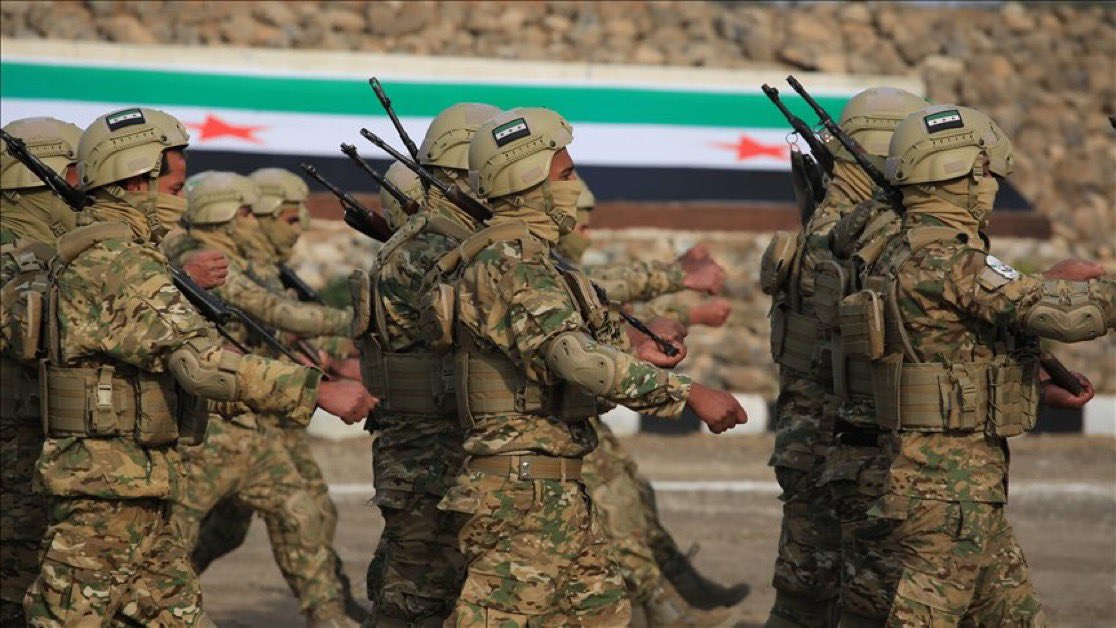
Internal and External Challenges
Media reports have recently indicated that Turkiye has been providing training, advisory services, and technical support to help build the defense capabilities of the new Syrian state.
Syrian military and strategic expert Colonel Fayez al-Asmar told Al-Estiklal that Syria’s request for Turkish support is largely driven by the extensive damage to its strategic infrastructure caused by Israeli strikes, particularly after the collapse of the former Assad regime.
“This step also reflects growing internal security challenges, including remnants of Assad loyalists, the Syrian Democratic Forces, and the militias led by Hikmat al-Hijri in Sweida,” he added.
“These issues are seen as urgent domestic concerns with serious implications.”
“This is in addition to external challenges,” he said, “especially repeated Israeli violations, which are forcing the Syrian government to rebuild and rearm the army and enhance its military capabilities.”
Colonel al-Asmar explained that Damascus understands strengthening its defense capabilities will take time. It requires consistent and intensive efforts over many years just to reach a basic level of readiness against both internal and external threats.
Syria’s decision to partner with Turkiye, according to the expert, was influenced by Ankara’s early support for the Syrian revolution and its role in providing assistance and arms. Another reason is the shared security concerns between the two neighbors, who share a border of more than 900 kilometers.
“One of Turkiye’s main concerns is the Syrian Democratic Forces, which have refused to integrate into the national army and continue to operate as a separate force. Turkiye views this stance as a suspicious separatist agenda and opposes it completely,” al-Asmar said.
Syria faces a long and difficult journey to rebuild its defense capabilities. Israeli strikes over the years have left its infrastructure in ruins. At the same time, Syria’s economic situation severely limits its ability to fund military upgrades.
In response, Damascus is focusing on enhancing systems that provide the greatest deterrent power. Its domestic defense industry lacks the capacity to produce large quantities of modern and effective weapons.
Modern warfare relies heavily on technologies that were not available or widespread three decades ago. Syria does not possess any significant modern military equipment. Most of what it has is outdated and incapable of confronting an advanced state like the Israeli Occupation.
Syria’s geography adds to the challenge. With an area of 185,000 square kilometers and borders stretching around 2,500 kilometers, much of it open desert and plains, along with a 195-kilometer coastline, the country requires massive defensive capabilities to ensure its security.
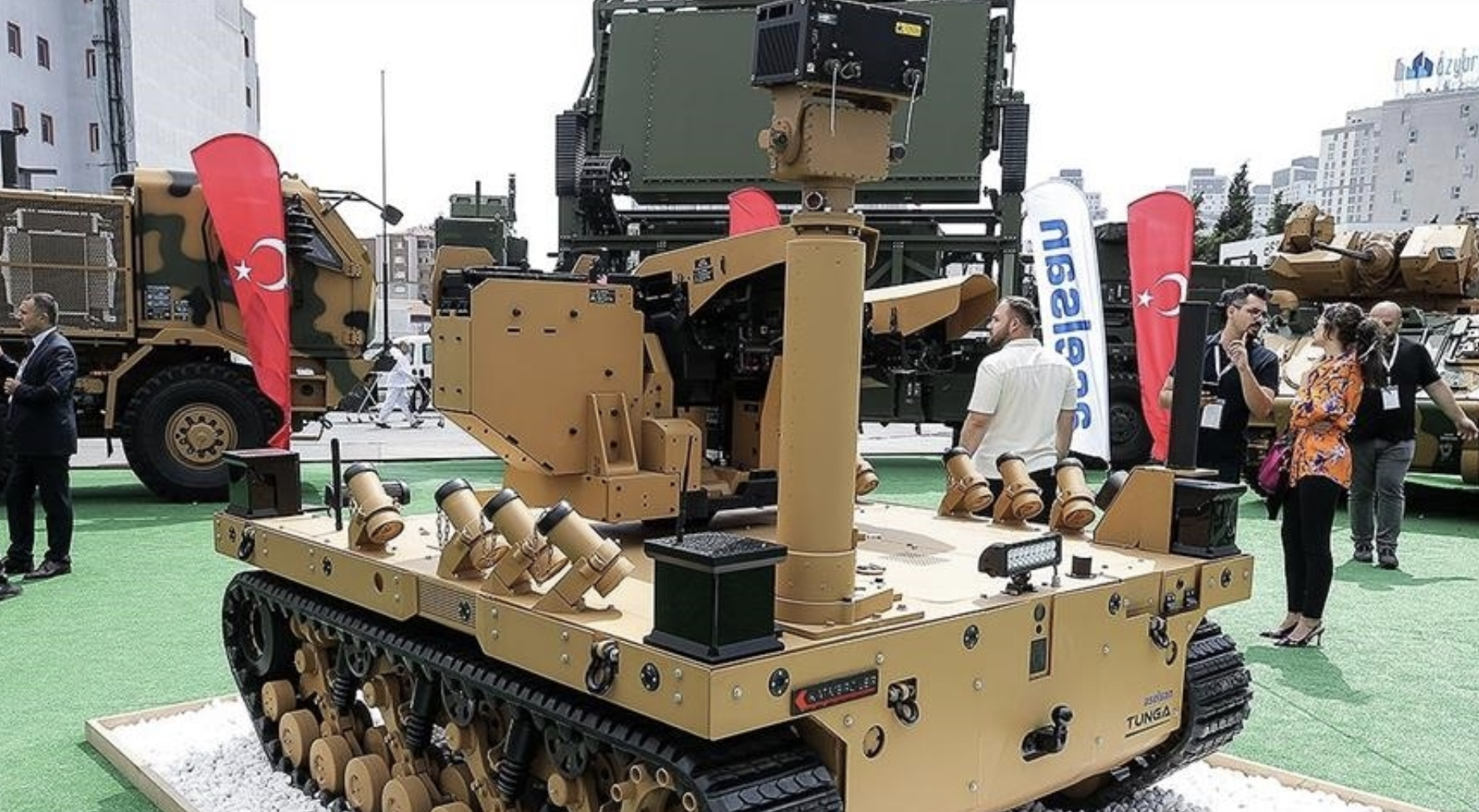
Advanced Capabilities
Syria recognizes the strategic value of cooperating with Turkiye, a country that has successfully transformed its defense industry into a key pillar of its international standing.
Observers note that Turkiye has become a global hub for exporting defense systems, thanks to its ambitious vision and significant investments in innovation and advanced technologies.
Syrian military analyst and strategist Colonel Ahmad Hamadeh told Al-Estiklal that Turkiye, through its Ministry of National Defense, is supporting its Syrian counterpart by providing consultations and specialized military training.
He added that, in light of Israeli strikes and ongoing instability, Syria urgently needs to strengthen both its air and ground forces. These needs are being assessed by Syria’s military leadership as part of a strategic plan rooted in the country’s defense doctrine.
Hamadeh noted that the urgency of the request underscores the serious threats to Syria’s unity, adding that it makes sense for Damascus to seek support from its allies to help rebuild an army capable of defending the country’s borders and sovereignty.
“Turkiye, which now relies on its domestic defense industry for 80 percent of its needs and possesses highly advanced capabilities, is well positioned to provide Syria with a range of modern systems and equipment, including critical upgrades in information and communication technologies essential for modern warfare,” he added.
Reports have also pointed to advanced-level discussions between Syrian President Ahmed al-Sharaa and Turkish President Recep Tayyip Erdogan during a recent visit, where the two sides discussed terms of what would be the first joint defense agreement between their countries.
In a notable response, U.S. Ambassador to Turkiye and Special Envoy to Syria, Tom Barrack, said in an exclusive interview that Washington “has no position” on the prospect of a defense pact between Damascus and Ankara.
“It’s not in the U.S.’s business or interest to tell any of the surrounding nations with each other what to do,” he added.
His comments followed recent Israeli airstrikes on Syria, which prompted renewed diplomatic efforts and a U.S.-brokered ceasefire initiative supported by Turkiye and Jordan.
Notably, just days earlier, on July 22, Turkish defense firm Roketsan unveiled its first hypersonic missile at the IDEF 2025 International Defense Industry Fair in Istanbul. The missile measures 10 meters in length and weighs approximately 7,200 kilograms.
During the unveiling ceremony, CEO Murat Ikinci described the missile as a major breakthrough that demonstrates Turkiye’s progress in ballistic missile technology.
He said the Tayfun Block-4 missile, thanks to its exceptional speed, will be a highly effective deterrent on the battlefield.
Akinci concluded that the new products introduced by the company will serve as a force multiplier, enhancing the strength of the Turkish military as well as the capabilities of allied and partner nations.
Sources
- Ankara: Syria Has Officially Requested Turkish Support to Strengthen Its Defense Capabilities [Arabic]
- Turkiye Signals It Will Intervene Against Any Separatist Attempt to Divide Syria [Arabic]
- Sources to Asharq al-Awsat: Turkish-Syrian Joint Defense Agreement to Be Announced Soon [Arabic]
- IDEF 2025: Turkiye Unveils Its First Hypersonic Missile [Arabic]



